What are the best adventure games on PC? From 1976’s text-based Colossal Cave Adventure – where we get the genre name from -to the point-and-click golden age of the early ‘90s and up to more modern fare, few genres have endured as well as the adventure game. That multi-decade lifespan has produced some of the most astounding titles, so narrowing down a list of the best adventure games is undoubtedly a struggle.
Adventure games have prospered thanks to a focus on a well-developed story and setting and a cast of memorable characters. That, and a few tricky brain teasers, as opposed to violence, set the genre apart from its close counterpart – action-adventure games. Your protagonist usually gets by through talking or thinking rather than resorting to fighting, though Full Throttle protagonist Ben might have a few things to say about that. These are absolute classics and are some of the best PC games ever.
The best adventure games are:
Life Is Strange
Developers Dontnod managed the seemingly impossible with Life is Strange: they out Telltale’ed Telltale. Life is Strange boasts consequential choices, a better-looking and more expressive graphics engine, and, most importantly, an entirely original setting.
The main character, Max Caulfield, is a photography senior working with classic Polaroid cameras, while everyone else sports expensive top-of-the-range digital gear. She is immediately endearing, appealingly weird, and… has the ability to rewind time. It is a testament to the Dontnod team’s writing skills that this game-changing superpower is the least impressive thing about Life is Strange.
Max’s relationship with former best friend Chloe and how they reconnect after Max ran out on that life is the heart of a story that puts the game in the hallowed company of the best adventure games on PC. You will cry. You will make bad choices. You will stick with Max and Chloe until the end of the world. And if that isn’t enough for you, Life is Strange: Double Exposure continues Chloe’s story, so you can finally discover what happened after the events of the first game.
Alternatively, there’s also the splendid Life is Strange 2 where you’ll learn about Sean and Daniel and their supernatural predicament. Likewise, you have Life is Strange: True Colors which offers a wildly different adventure, though personally, we still prefer Dontnod’s first.
Grim Fandango
Dialogue, character, world, and imagination cement Grim Fandango among the best adventure games. Set in the Mexican Land of the Dead, where everyone’s a skeleton or a demon, the recently deceased have to work off any crimes they may have committed before taking the treacherous four-year journey to get into the Ninth Underworld. It’s a cleverly-realized world with film noir influences and a big dollop of crime and corruption.
The game stars some of the finest characters ever written, including protagonist Manny Calavera, a travel agent at the Department of Death who steals one of his rival’s clients in an act of defiance against his corrupt employer. Meche, only to find that despite living a decent life, she has to take the same four-year pilgrimage as his other clients. It’s only after being arrested and set free that Manny learns of the corruption and sets off after Meche to make things right.
Tim Schafer’s journey through Mexican folklore still represents the pinnacle of proper movie-quality storytelling in videogames. Even the designs of the skeletons and demons you meet on the pilgrimage, such as the friendly, car-obsessed demon Glottis, would not be out of place in the best Disney movies or Pixar movies (and honestly more than Coco, which had a similar setting). The often obtuse puzzles can derail the pacing, but exploring and interacting with this beautiful land of the dead makes up for these irritants and makes Grim Fandango one of the best PC adventures ever. Just don’t mention those wretched demon beavers.
Return to Monkey Island
While The Secret of Monkey Island changed the genre and Monkey Island 2 improved on the original in nearly every way, cementing LucasArts’ place on the Adventure Game Throne, Return to Monkey Island is the perfect modern love letter to the point-and-click genre.
We’ve long known just how endearing Guybrush Threepwood is. His burning desire to become a swashbuckling pirate and win the heart of Governor Elaine Marley has charmed us over several games since the original, but Return to Monkey Island opts to pick up directly where the second game, LeChuck’s Revenge, ended. While the ending is somewhat divisive among fans, the journey to get to it is undeniably excellent, and the game was so positively received that its reviews stunned LucasFilm Games.
Broken Sword: Shadow of the Templars
Imagine Uncharted without the jumping and shooting, sporting a plot that hints at what a good Dan Brown novel might be like, and you will have a reasonable picture of Broken Sword: Shadow of the Templars. Like the Monkey Island series, it isn’t easy to decide which of the first two titles is best, but, in this case, the first game edges it.
Easygoing American George Stobbart’s holiday in Paris is interrupted by a bomber dressed as a clown, and from there, he’s pulled into the conspiratorial world of the Templars. The story is great, and developers Revolution keep the tone light despite a smattering of darker moments. But it’s the chemistry between George and French photojournalist Nico Collard that forms the franchise’s backbone.
Thanks to sterling writing and voice acting that still holds up to this day, Broken Sword remains one of the best adventure games on PC. However, it features the infamous ‘goat puzzle’, which has been gently mocked by many adventure games since, including all four Broken Sword sequels. Self-awareness is half the battle, at least.
Day of the Tentacle
Adventure games are notorious for weird puzzles, so when it comes to finding one with decent puzzles to solve, Day of the Tentacle is one of the best adventure games you can play. There are never any bizarre leaps in logic, and that is all the more impressive when you consider the player is expected to manage three characters over three different periods, their actions affecting at least one of the others. You have to think fourth-dimensionally, as Doc Brown would say, and it is a testament to Tim Schafer, Dave Grossman, and the rest of the team that this never feels overwhelming.
Day of the Tentacle is still exceptionally funny, delightfully absurd, and timelessly pretty. It contains the whole of LucasArts’ earlier adventure, Maniac Mansion – the game to which Day of the Tentacle is a sequel – as an Easter Egg. Despite the brilliance of the other point-and-click games on this list, we’ll always send you this way if you ask us for one classic adventure you need to play.
Beneath A Steel Sky
If there is one button that any game can push to make us pay attention, it is ‘cyberpunk’. Combine that with a great original story, the finest UK adventure game studio, and art by legendary comic artist Dave Gibbons (Watchmen), and we are putty in anyone’s hands. Thankfully, Beneath a Steel Sky already exists, and it’s one of the best PC games around.
While Revolution founder Charles Cecil originally intended to adapt Watchmen with the assistance of Gibbons, we’re glad that project didn’t pan out. Instead, they collaborated on this classic point-and-click game. Hand-drawn cutscenes, gorgeous pixel art, and the tale of Robert Foster and his attempts to escape from the dystopian Union City. The atmospheric world is influenced by Blade Runner, Judge Dredd, and Mad Max, thematically exploring societal oppression and corruption. It is a bleak Orwellian nightmare with the occasional fart joke.
Revolution ensures that what could have been a depressing slog is a deeply entertaining point-and-click adventure game. The plot twists, wonderful character moments, excellent puzzles, and stylish world make it one of the best adventure games. Oh, and it’s free on GOG, so there is really no excuse not to play it. If you enjoy it, Beyond a Steel Sky is a worthy follow-up that’s worth a look.
The Walking Dead: Season One
The stellar first season of Telltale’s most popular series remains its best despite fierce competition. Tales From The Borderlands and The Wolf Among Us come close, but neither has the magnetism of The Walking Dead’s Lee and Clementine. Good-hearted lawbreaker Lee and recently orphaned Clementine establish a fiercely loyal bond as they weather an onslaught of tragedies and disasters. Chief among these is the zombie apocalypse, of course, but the agendas of every survivor they meet help and hinder the pair, too.
Telltale’s ability to convince the player that they are in charge of the story – despite the whole thing being a smoke and mirrors act – is what makes The Walking Dead: Season One one of the best adventure games on PC. Scenes play out differently; certain characters can survive longer, and Lee can behave like an awful human. The main plot plows on, but it can feel wildly different depending on who is steering it. For the shocking end of Episode 4 alone, it is a modern classic of a point-and-click game.
Night In The Woods
It is hard not to fall for Night in the Woods. Developer Infinite Fall packed personal experience, humor, small-town Americana, a creepy conspiracy, stylish visuals, a fantastic soundtrack, and some of the most affectingly real scenes in videogames into one of the best adventure games ever made.
Night in the Woods tackles many themes: depression, dysfunctional families, economics, societal pressure, growing up, joblessness, escapism, and death. It’s all done whimsically and well-naturedly, ensuring things never become hopeless. Characters gently poke fun at each other and do anything to distract themselves, no matter how stupid or dangerous. Every character is quotable and lovable, and while the story’s primary focus is Mae Borowski, an anthropomorphic cat and college drop-out who initially seems like an entitled jerk, you’ll grow to love her as she opens up.
It might play like a platform game, but there are no heads to jump on, no points to collect, no bosses to defeat, or worlds to conquer. Instead, there are friends to talk to, paths to choose, songs to play, and an awareness of the shrinking world we all inhabit. Better make the best of it, then.
Kentucky Route Zero
Kentucky Route Zero’s meandering plot, weird sights, and pleasant country music make it one of the most relaxing games on PC. If you’re a fan of just about anything directed by David Lynch, mainly his surrealist Americana and detective mystery, Twin Peaks, then you’re sure to find something to love in this magical realist journey.
Although it’s not your typical point-and-click adventure, fans of the genre can appreciate the beautifully choreographed story that unfolds through interactive fiction using a haunting, minimalist design without too many distracting puzzles. Each person you meet has their background, and you’ll shift perspective between characters constantly. What begins as a tale about a man trying to deliver an antique to a street he can’t find becomes a mesmerizing saga about a group of people.
Kentucky Route Zero isn’t just a game with five acts, as supplementary intermission chapters flesh out the world with unusual storytelling like using a phone to talk to people or looking around a bar to listen in on conversations. This is not a ‘fun’ game per se, but it is a profound one that explores themes of capitalism and the dread of incurring debt.
Chuchel
Chuchel is as much a slapstick comedy as it is a point-and-click indie game. From the developers behind Machinarium and Samorost, Chuchel’s eponymous protagonist is a rotund, hairy, but lovable speck that looks like a bright yellow upside-down acorn. Alongside an equally goofy and colorful cast of blobs and everyday objects, you match your childlike curiosity with Chuchel’s, clicking and experimenting with your delightfully hand-drawn cartoon world and giggling at all the mischief into which you can get him.
The laughs come thick and fast, as seen in our Chuchel review. Your cute critter can crack open the shell of a sentient egg with a spoon almost four times his own size after a psychedelic trip induced by licking a mushroom.
The playful joy of your endearing misdemeanors is enhanced by the satisfyingly silly boings, zips, and plops the game emits, imbuing Chuchel with an onomatopoeic quality that makes it one of the funniest and best adventure games on PC.
Thimbleweed Park
While Day of the Tentacle is the official sequel to Maniac Mansion, Thimbleweed Park – from adventure veterans Ron Gilbert and Gary Winnick – feels like the authentic sequel, albeit one where you can explore the Mansion and the surrounding area and local town. The weird, weird town.
Thimbleweed Park is one of the best adventure and retro games around, not just because it feels like a forgotten LucasArts classic or love letter to the company’s adventures; it feels like a worthy update. Developers Terrible Toybox keeps Thimbleweed Park looking and feeling authentically retro, with chunky pixel art and huge verb buttons, but cleverly adds to the genre. For example, random events may or may not happen as you explore as one of the five playable characters. Wandering into a deserted alleyway, apropos of nothing, you could see a character get abducted. Then, there are more puzzles to solve before you get them back.
The characters are quirky and entertaining; they’ll stick in your mind for ages even if you do not want them to. The clever puzzles can require multiple characters to solve, and they can even have various solutions. Then, there’s the ending, an audacious denouement that feels like a mic-drop to the entire genre. Only the creators of Maniac Mansion could get away with it.
That’s the mystery of the best adventure games on PC solved. If you want to find out what we’re looking forward to this year, check out our list of upcoming games. You can return to using real-world logic for solving your problems from now on; there is no need to try using every object in your pocket together.
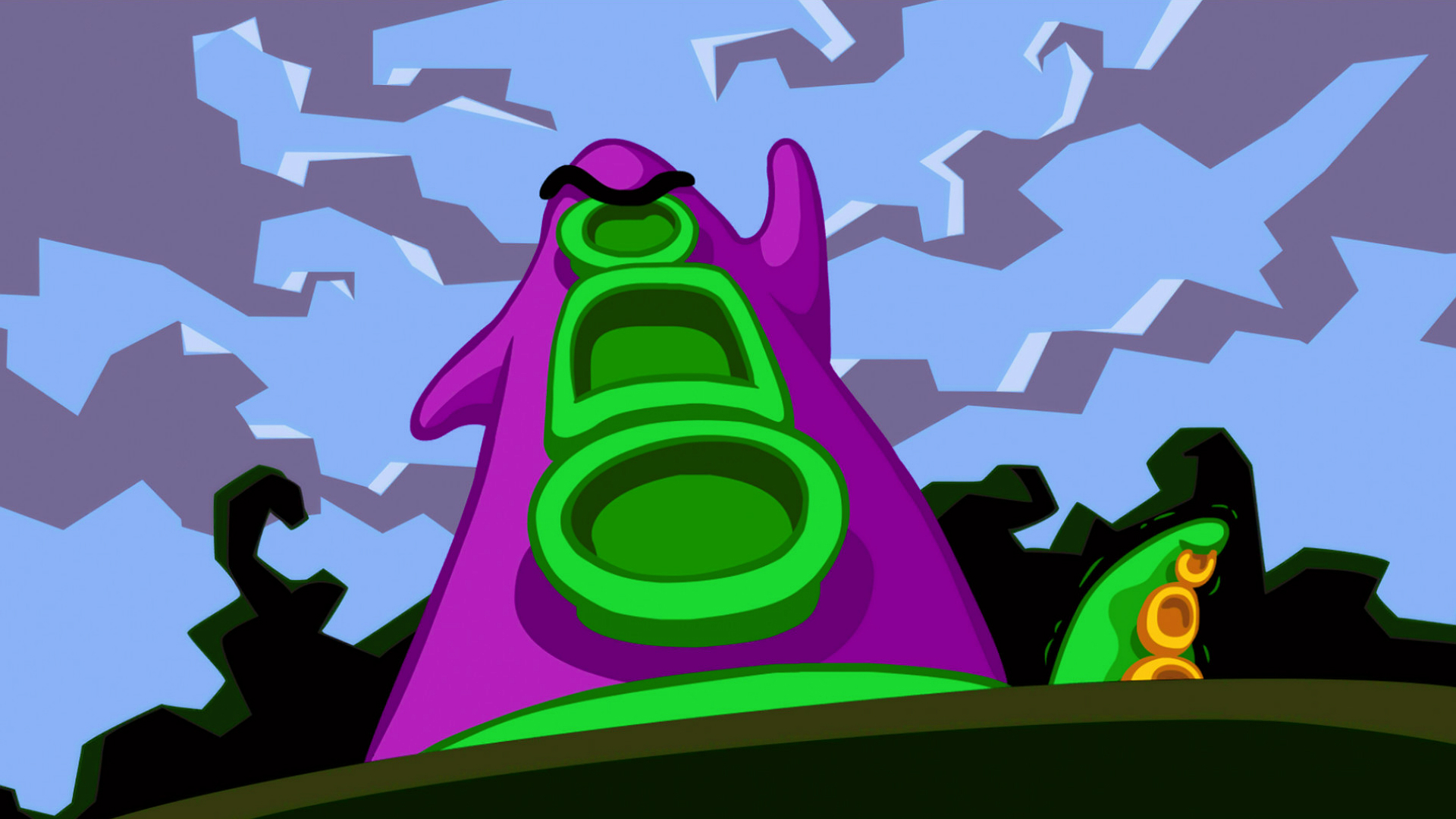
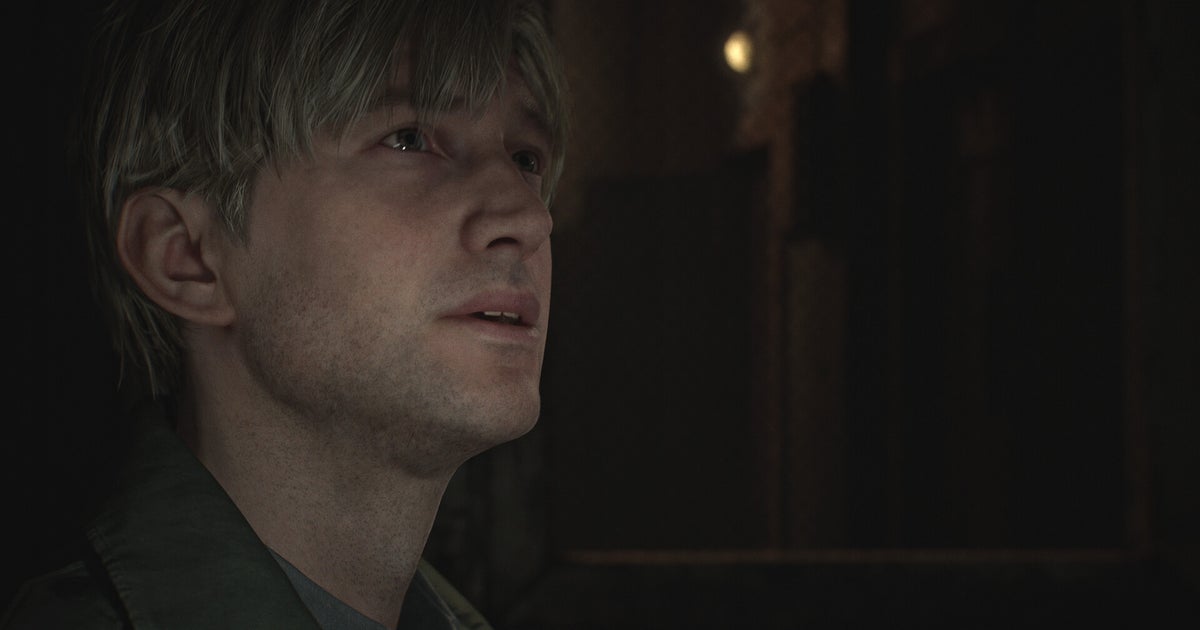
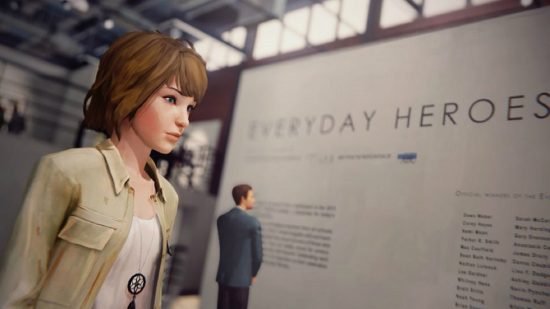
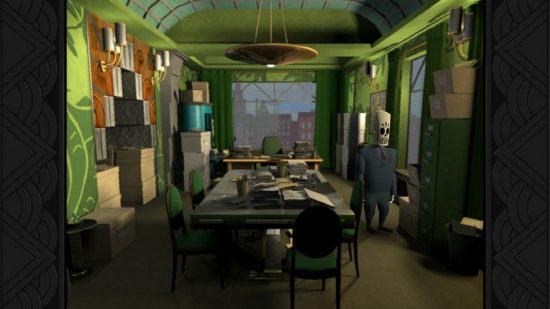
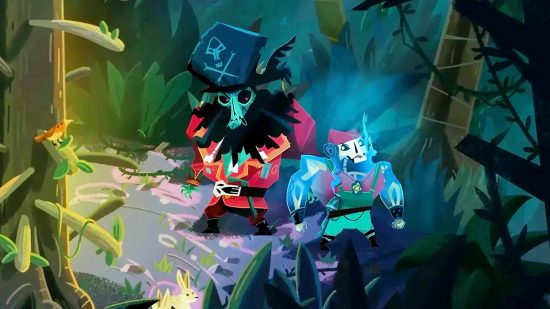
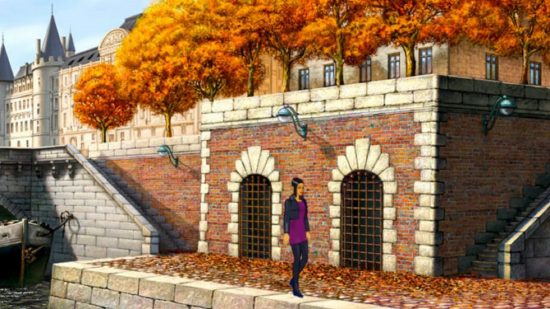


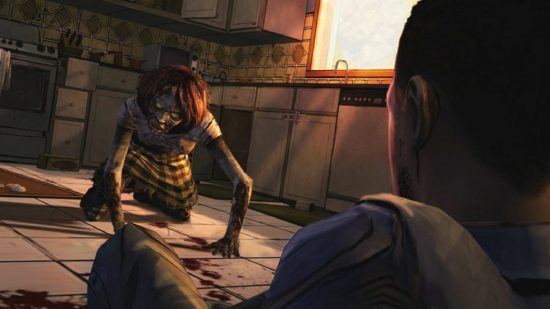
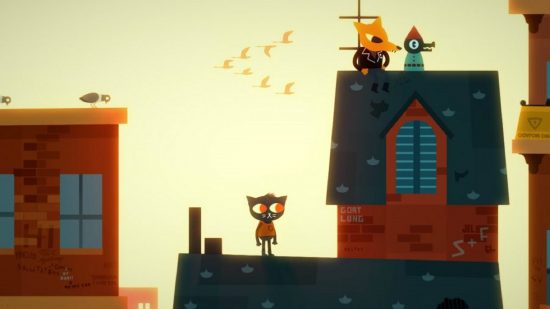
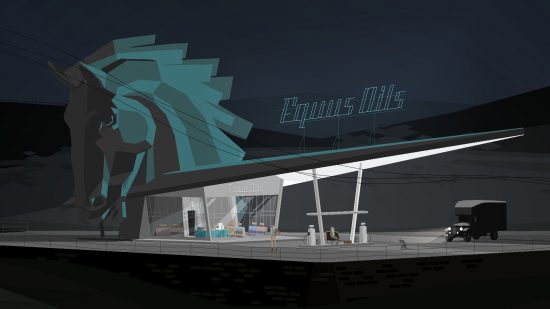

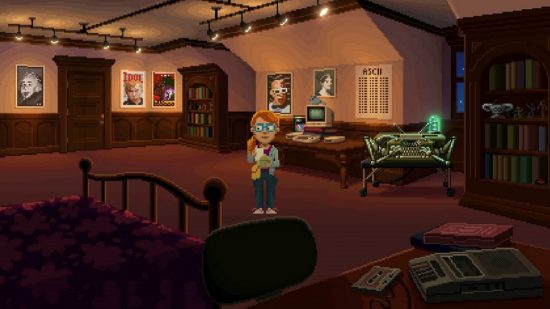

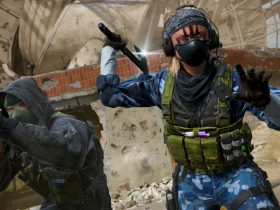

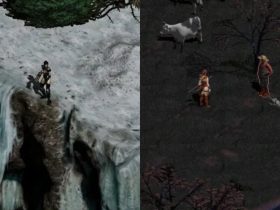
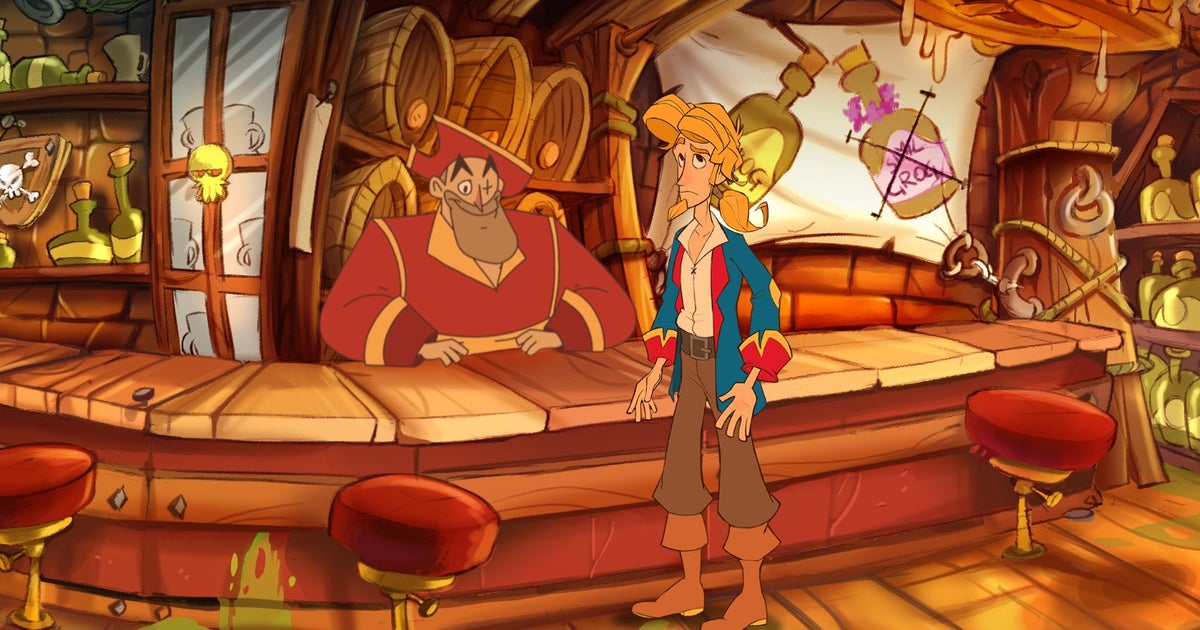


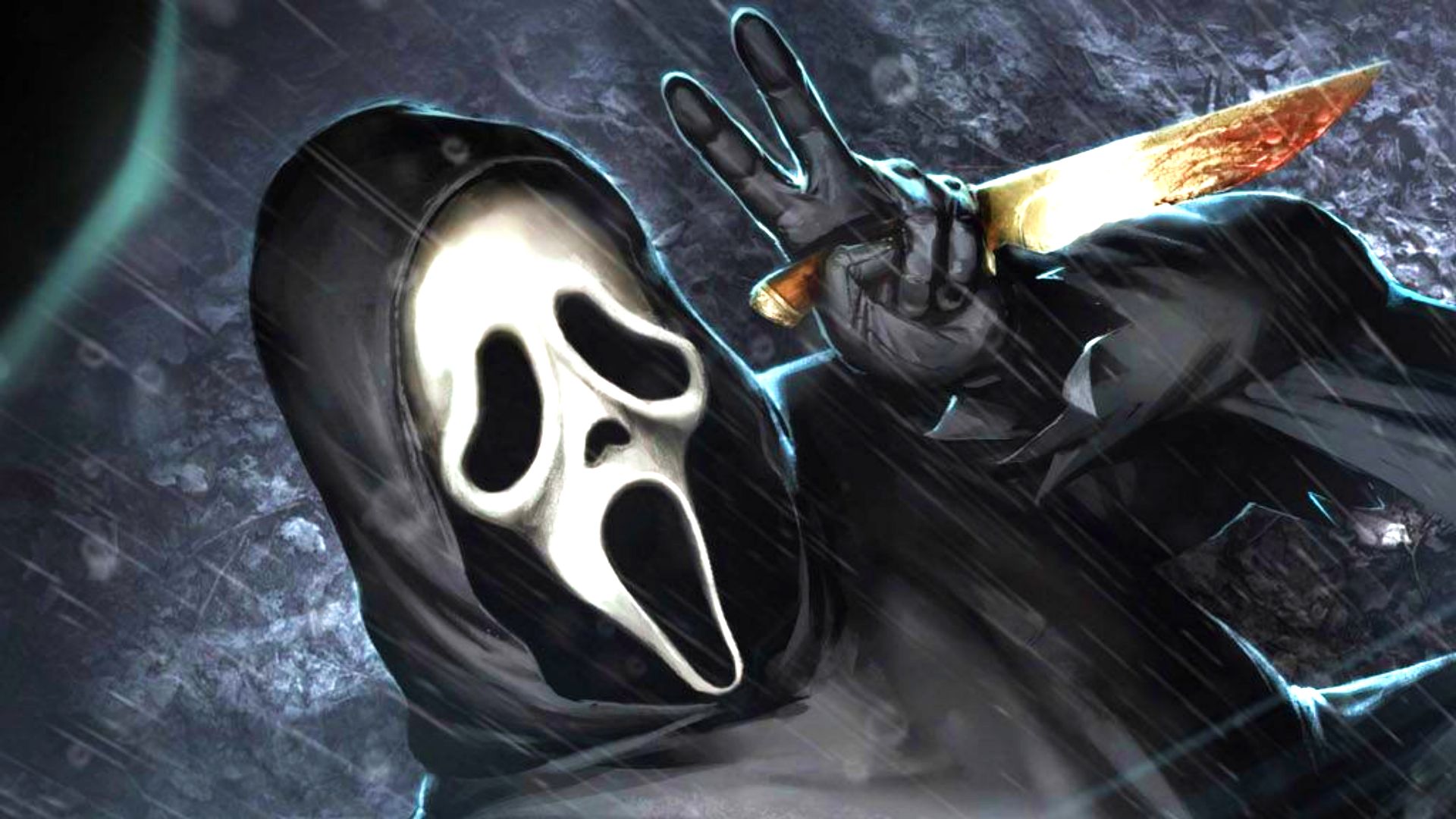
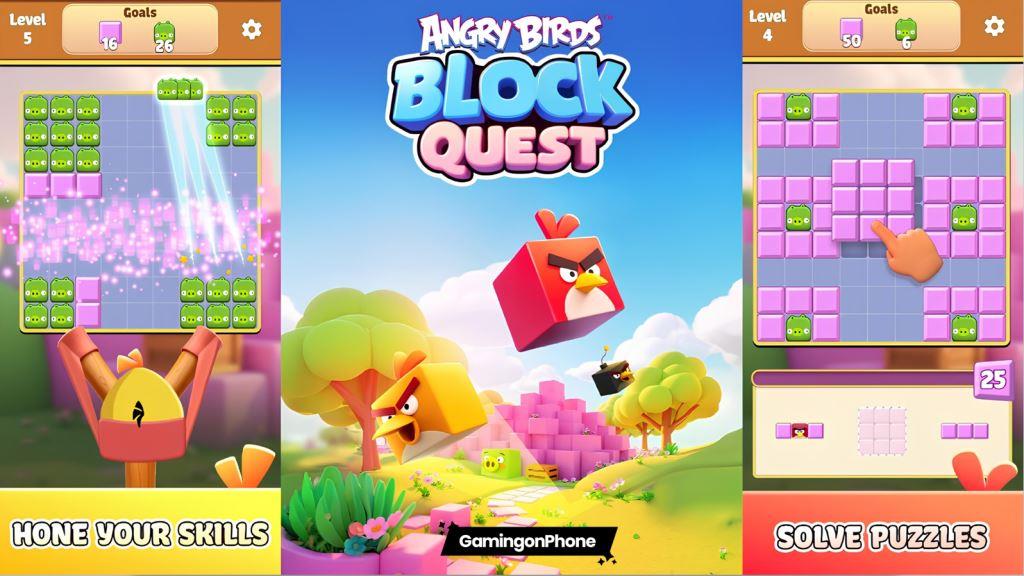
Leave a Reply